
Two Pint PLC
Laurence Woodruff & Michael Ralph
Teaching is a personal profession. We shine brightest when we work together in a safe environment for the betterment of our students. Two Pint PLC is a podcast that invites you to join two educators who discuss the big issues in education in a personal and casual conversation. Two Pint PLC combines the research base, current events and personal experiences to provide a context for each listener’s own professional development.
- 44 minutes 57 seconds095 Error Climate & Remembered SuccessEdutopia did another review of the best research of 2024, and we are here to talk about it. First, discussion of student errors can lead to big gains in student learning. However, those gains only come in an interactive, collaborative class culture. Later, the remembered success effect shows that ending challenging learning experiences with clear victories on more attainable problems improves student perceptions of their learning in ways that can sustain their motivation long-term.10 January 2025, 12:00 am
- 44 minutes 28 seconds094 Playback Memory & UDL DifferentiationTeachers may give lectures or create videos to provide information to students, and the speed of information delivery affects the cognitive load of students. We read a study of video playback speed and support materials that shows speeding up the videos may not be particularly harmful to their usefulness, and that other supportive elements are more important to consider. Later, we read a study of UDL practices and differentiation that shows formative assessment, adaptive grouping, and growth mindset all have distinct impacts on instructional differentiation.11 December 2024, 12:00 am
- 44 minutes 46 seconds093 The Artificial Intelligence (AI) EpisodeThis month is our official “AI episode.” We are joined by Ben Riley, who wrote a guide for considering the use of AI for education. Our discussion considers the tasks for which AI might be useful, and the multiple concerns we have for its use as a substitute for thinking. Later, we read a study that shows AI can help people produce incrementally more creative task solutions. However, we are unconvinced that is ever the purpose of the educational process.11 November 2024, 12:00 am
- 43 minutes 54 seconds092 Teaching Statistics & Fostering CreativityEffective statistics instruction - like many other disciplines - should empower students to ask questions and interrogate data to answer questions. We look at research evaluating the impact of an inquiry-focused statistics curriculum that showed very large gains for student learning by emphasizing statistical practice rather than mathematical routines. Later, we read a review of creativity research that identified key areas where students need practice with creativity (just like any other skill). We must make space for risk-taking and student exploration.12 October 2024, 6:08 pm
- 43 minutes 42 seconds091 Political Discourse & Media LiteracyWe start Season 8 in a tempestuous election cycle in the United States. We are joined by guest host Chris Carter to discuss an approach to civic education in today’s political landscape, with a focus on grounded discussions based on essential anchor questions. Later, we look at the absence of state standards for media literacy in the US. Their research provides a call and roadmap for teachers to prioritize explicit instruction in media literacy for students.12 September 2024, 2:36 pm
- 44 minutes 26 seconds090 Season 7 FinaleWe review the most noteworthy papers of the past year, developments in our practice, and the top beers of AY23-24.12 August 2024, 2:32 pm
- 44 minutes 57 seconds089 Curriculum Sensemaking & Behavior GradingMany curriculum decisions are made at the district-level, but each classroom teacher must figure out how to implement those decisions for themselves. We read a study showing how “philosophical fidelity” is far more important than “mechanical fidelity” to the success of district efforts to improve instruction. Later, we read a study of required behavior grades in Germany that shows those grades have zero positive impact on… well, anything.12 July 2024, 3:43 pm
- 43 minutes 18 seconds088 Disagreement Listening & AphantasiaIt can feel like people in disagreement just aren’t listening to each other. We read a study showing disagreement significantly reduces our perceptions of being listened to, regardless of how well our audience does listen. We discuss takeaways for exhibiting active listening behaviors that reduce the effect. Later, we read a review of research on aphantasia (or the condition of not seeing concrete images in your mind’s eye). We reflect on how this dimension of neurodiversity is connected to differences in a variety of human outcomes.12 June 2024, 6:29 pm
- 44 minutes 5 seconds087 Memory Spacing & Homework ParentsPractice is more effective when we space it out, rather than doing lots of repetitions all at once. We read research that looked at the effect of varied practice compared to identical practice over time. Their results show subtle variation helps students focus and remember the important elements upon recall. Later, we read an account of the negative impacts of graded math homework disproportionately affecting mothers in Canada. We see how homework takes away from family time and undermines the development of math identities.13 May 2024, 2:01 pm
- 44 minutes 57 seconds086 PBL Effects & Mindfulness IntrospectionProject-Based Learning is a thoroughly researched method of instruction with many benefits. We read a meta-analysis looking specifically at how PBL affects student motivation, and saw data illustrating just how important an excellent project prompt is to project success. Later, we read a study showing neurofeedback devices can increase the accuracy of students’ understanding of their own emotional state. We consider the responsibility of mindfulness programs to help students respond in healthy ways to their increased emotional engagement.12 April 2024, 6:05 pm
- 44 minutes 34 seconds085 Academic Anxiety & Principal LeadershipMore schools are looking to address the socio-emotional needs of students, and a key area for that work is helping students manage anxiety in the classroom. We look at a study showing how some accommodations may be reinforcing their anxiety, and how teachers can help students develop healthier strategies for managing it. Later, we read a study of principal characteristics that support teacher self-efficacy and a shared sense of collective efficacy. Communication and modeling are essential, while coercion is deeply ineffective.12 March 2024, 2:53 pm
- More Episodes? Get the App
Your feedback is valuable to us. Should you encounter any bugs, glitches, lack of functionality or other problems, please email us on [email protected] or join Moon.FM Telegram Group where you can talk directly to the dev team who are happy to answer any queries.
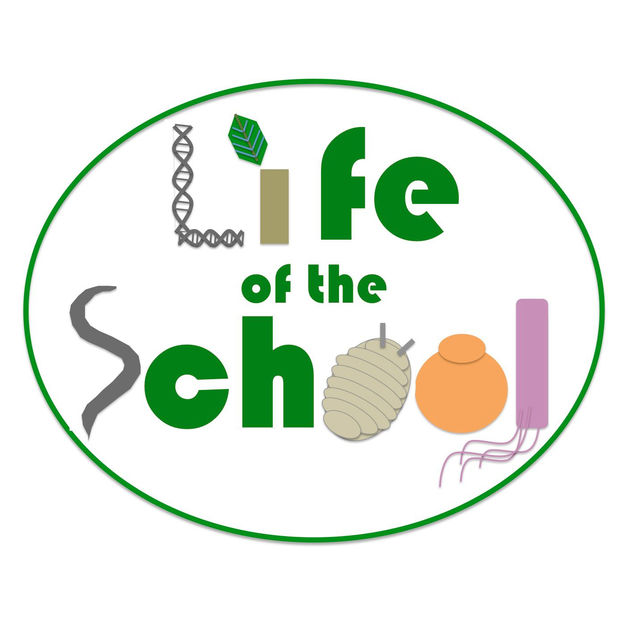 Life of the School Podcast: The Podcast for Biology Teachers
Life of the School Podcast: The Podcast for Biology Teachers
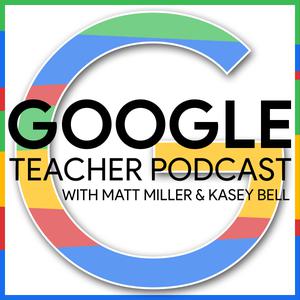 Google Teacher Podcast
Google Teacher Podcast
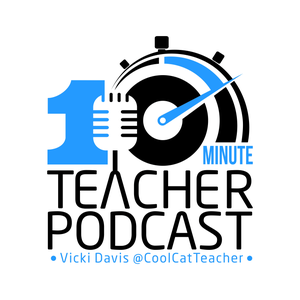 10 Minute Teacher Podcast with Cool Cat Teacher
10 Minute Teacher Podcast with Cool Cat Teacher
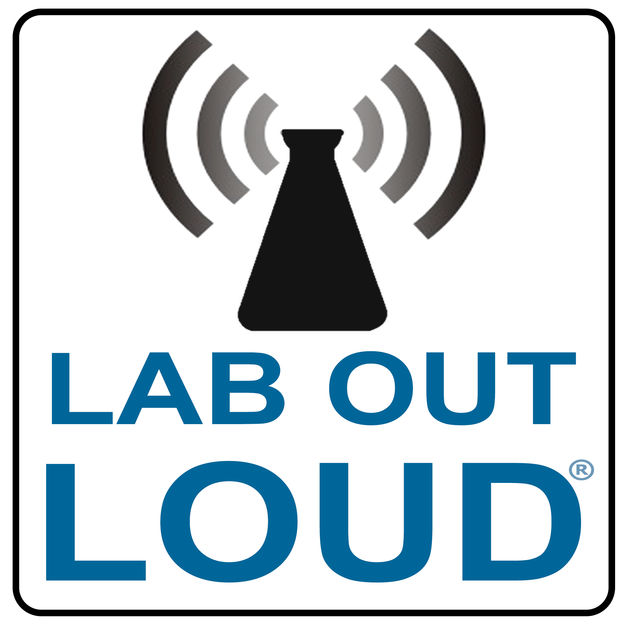 Lab Out Loud
Lab Out Loud
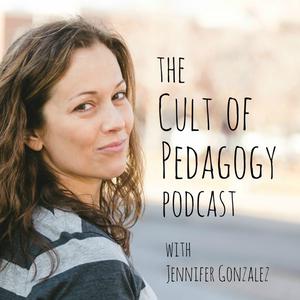 The Cult of Pedagogy Podcast
The Cult of Pedagogy Podcast
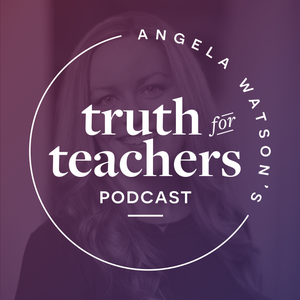 Angela Watson's Truth for Teachers
Angela Watson's Truth for Teachers